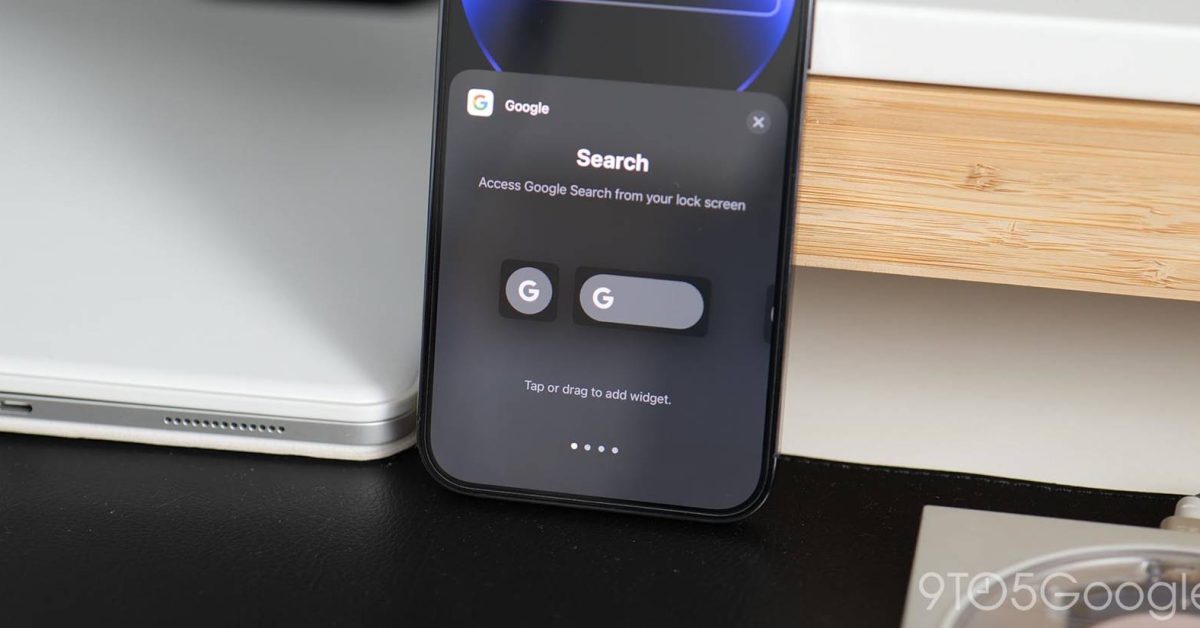Days after a University of Birmingham study revealed that banning smartphones in schools does little to improve student well-being or academic performance, British Education Secretary Gillian Keegan rejected calls to enact a new law to ban phones in classrooms. “It’s a headline-grabbing gimmick,” said Keegan, according to Wales Online Cariad.
The study, published in The Lancet’s Regional Health Europe journal, involved 1,227 students from 30 schools across England with a 2:1 ratio of restrictive to permissive policies. Researchers found no connection between phone bans and higher grades, improved mental wellbeing, or better physical health.
“We found that these bans, in isolation, are not enough to deal with the negative impacts,” said Dr. Victoria Goodyear, the study’s lead author, according to The Journal. “We need to do more than just ban phones in schools,” She added.
According to Sky News, the analysis found that increased screen time was linked with worse outcomes in mental health, classroom behavior, physical activity, and sleep cycles for students overall, with smartphone use averaging four to six hours per day across both policy types.
Despite restrictive policies during school hours, the study found almost no difference in the amount of time students spent on their phones outside of school, regardless of whether their school restricted phone use, according to BBC News. The negative outcomes associated with increased phone and social media use did not differ between schools that banned phones and those that did not.
According to MyLondon.news, Education Secretary Keegan agreed that mobile phones should not be in lessons but dismissed the need for new legislation. “Teachers already have clear guidance to manage phone use in a way that works for their schools,” a government official said, according to BBC News.
According to The Guardian, the Conservative Party has been vocal in supporting a full ban on mobile phones in classrooms to improve educational standards, citing “growing evidence” of the damage caused by social media. Labour’s Bridget Phillipson said she agreed that mobile phones should not be in lessons but added that the opposition was wrong to say it could only be done by introducing legislation.
“Our study suggests that school policies are not the silver bullet for preventing the detrimental impacts of smartphone and social media use,” said Professor Miranda Pallan from the University of Birmingham.
While the study showed that banning phones may fail to reduce the total amount of time children spend on smartphones and social media throughout the week, some students from schools with phone bans reported benefits such as less bullying and improved social skills, indicating potential positive outcomes not assessed in the study, according to the Daily Mail.
“But we need to do more than focus on schools alone, and consider phone use within and outside of school, across the whole day and the whole week,” said Dr. Goodyear, according to the Daily Mail.
“Far tougher regulation is going to be needed to make social media platforms safer and non-addictive for kids,” said Joe Ryrie, director of the campaign group Smartphone Free Childhood, according to The Guardian. He described the results of the study as “somewhat surprising” and urged parents to delay giving smartphones to their children, citing the statistic that the average daily time students spend on their smartphones is four to six hours.
The article was written with the assistance of a news analysis system.

